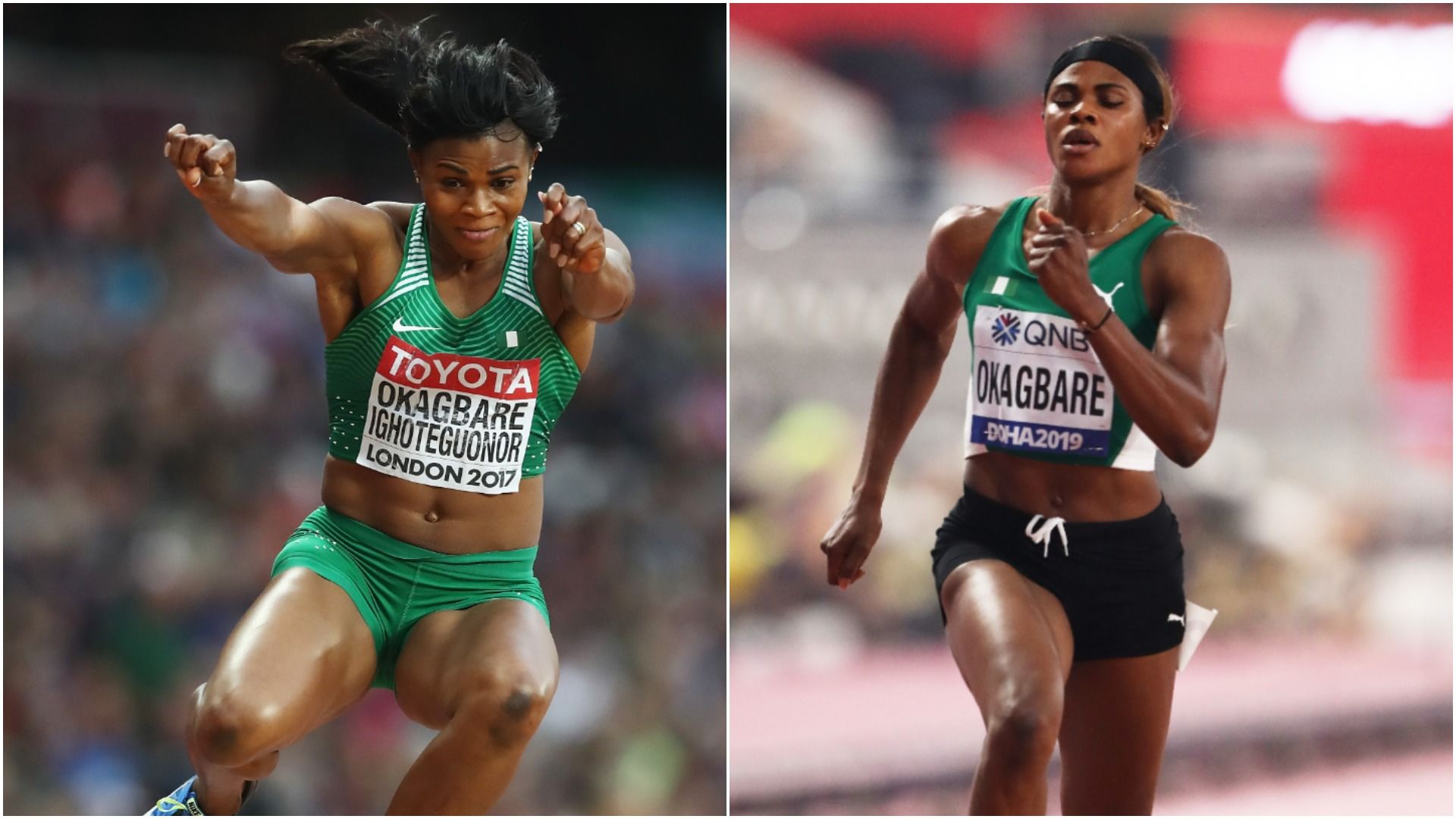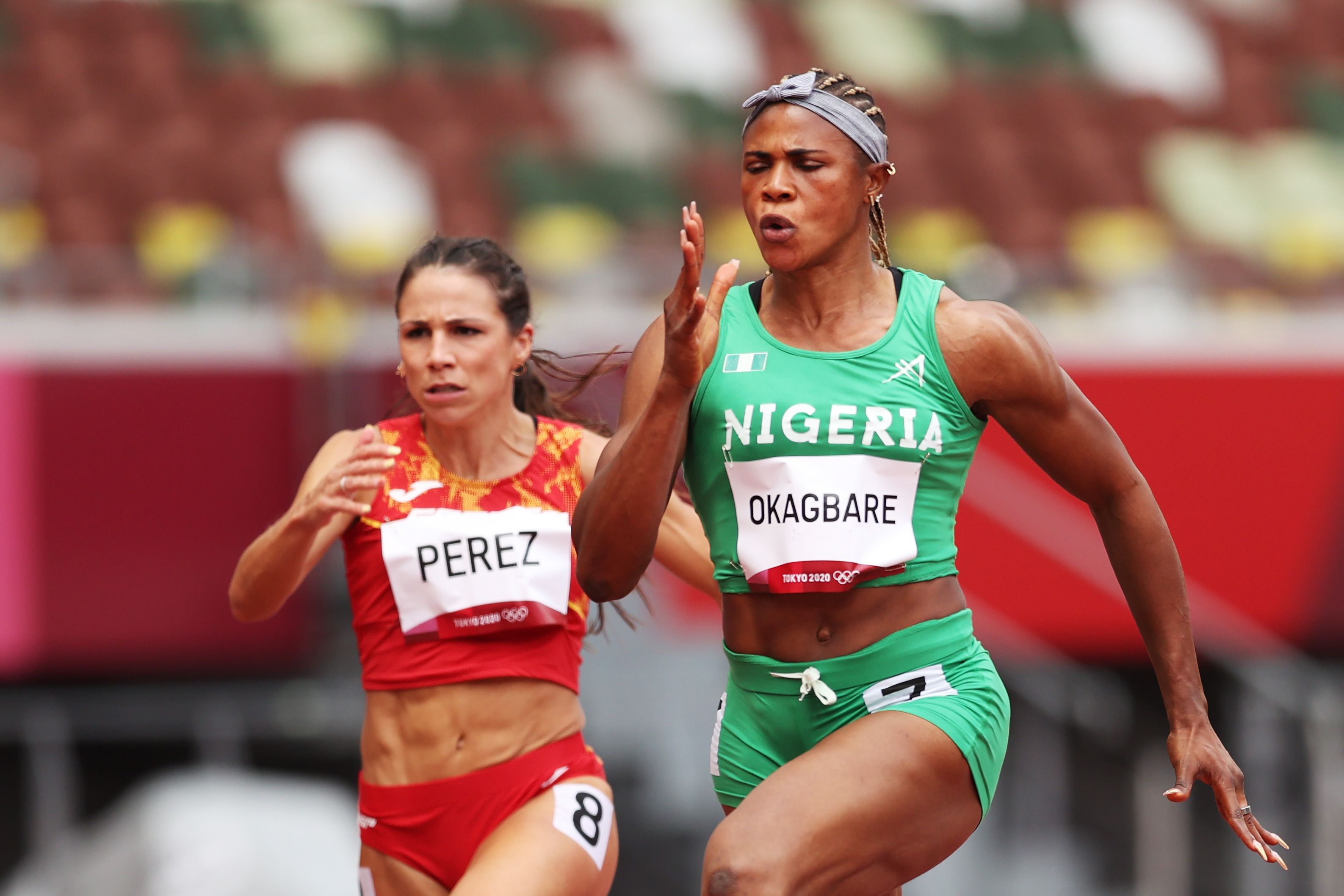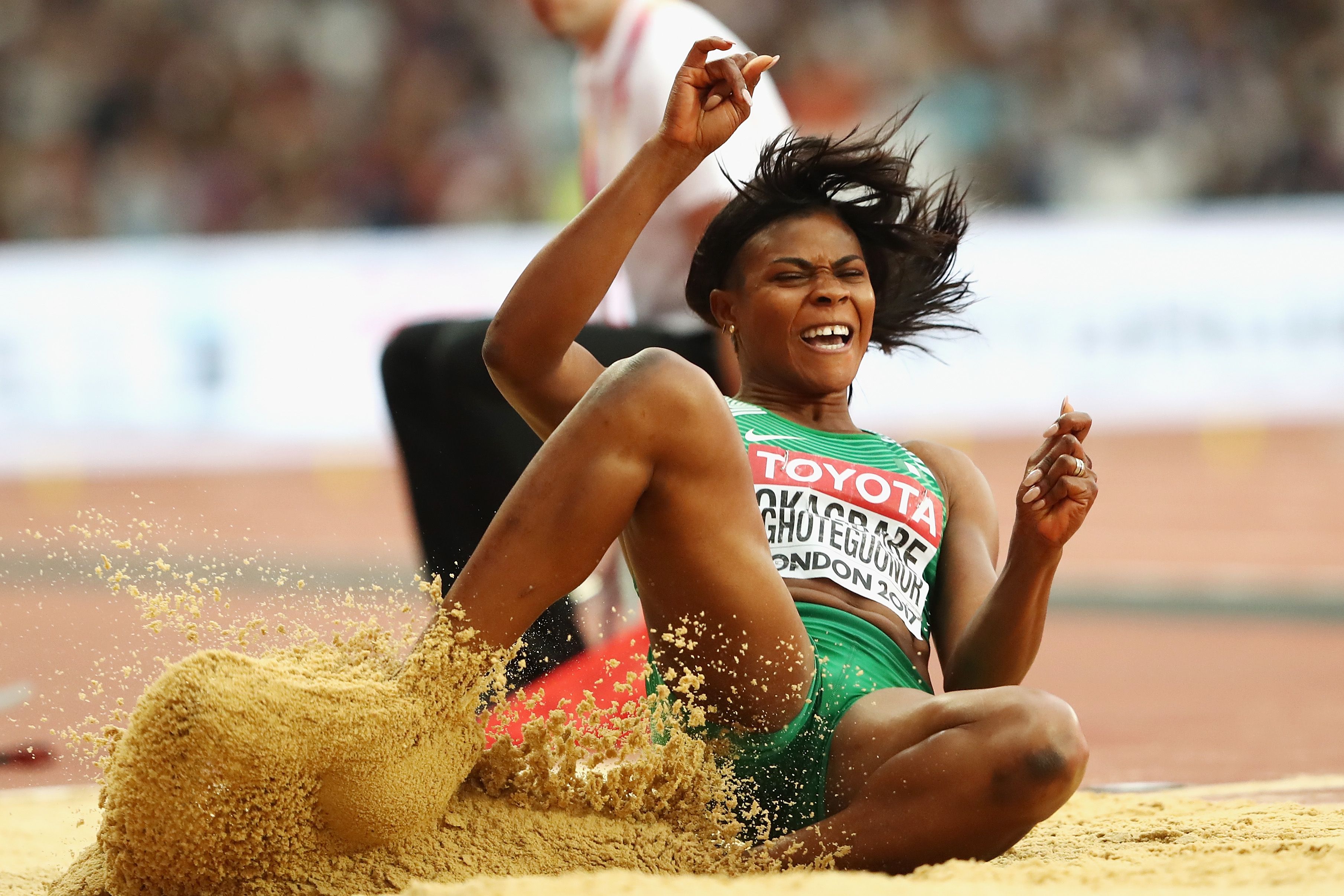Nigerian sprinter and long jumper Blessing Okagbare has been handed a 10-year ban for the use of multiple prohibited substances and for her refusal to co-operate with the Athletics Integrity Unit’s (AIU) investigation. Okagbare won silver in the long jump at the Beijing Olympics in 2008 and the 2013 World Championships in Moscow. She is also a world medallist in the 200 metres and holds the Women’s 100 metres Commonwealth Games record. The 33-year-old is the current African record holder in the 200m and was the 100m African record holder until 2016. At last year’s Tokyo Olympics, Okagbare won her first-round heat in the 100m with a time of 11.05 seconds. However, she was later suspended on 31st July 2021, when scheduled to take part in the semi-finals, after testing positive for somatotropin –– a human growth hormone, and recombinant erythropoietin. Subsequently, in accordance with Rule 12 of the World Athletics Anti-Doping Rules, she was charged with a refusal to co-operate with the AIU after they pressed charges.A press release from the AIU reads: “The Disciplinary Tribunal has banned sprinter Blessing Okagbare for a total of 10 years, five for the presence and use of multiple prohibited substances and five years for the refusal to co-operate with the AIU’s investigation into her case.†The Anti-Doping rules state that “If you intended to cheat, whatever the substance, the period of ineligibility is four years.â€Â
In the past, offenders have offered excuses for their failed tests and seen their sentences reduced, but Okagbare has given no possible reason to justify taking the substances.
Therefore, the Disciplinary Tribunal has increased the typical length of punishment.
“The sole arbitrator adjudicating the case concluded that the athlete’s use of multiple prohibited substances as part of an organised doping regimen in the lead up to the Tokyo Olympic Games was egregious conduct that amounted to aggravating circumstances under the rules, thereby warranting an additional period of ineligibility on top of the standard four-year sanction.
“The sole arbitrator also recognised the AIU’s right to carry out the investigations, including the imaging of electronic devices and to impose sanctions when an athlete refuses to co-operate with an investigation and thereby frustrates the AIU’s ability to fulfil its mandate to protect the integrity of the sport of athletics. In this instance, the sole arbitrator concluded that the athlete’s refusal to co-operate had denied the AIU the opportunity to discover evidence of possible further rule violations by her as well [as] possible violations of the rules by others, for which he imposed an additional sanction of five years.â€
Brett Clothier, the head of the AIU, stressed that the organisation ‘welcomed’ the ruling of the tribunal.
“We welcome the decision of the Disciplinary Tribunal,†he said. “ A ban of 10-year[s] is a strong message against intentional and co-ordinated attempts to cheat at the very highest level of our sport.
“This is an outcome that was driven by our intelligence-led target testing as well as our commitment to investigate the circumstances behind a positive test.â€
This incident is not the only doping-related case to cause controversy of late. 15-year-old Russian figure-skater Kamila Valieva tested positive for a banned substance in December but was cleared to compete at this year’s Winter Olympics by the Court of Arbitration for Sport (CAS).Â
Valieva was the favourite to win gold in the women’s singles event ahead of the Games but was visibly impacted by the media spotlight surrounding her and only managed to finish fourth.Â
The treatment of Valieva and the actions taken by the Russian Anti-Doping Agency (RUSADA), the International Olympic Committee and CAS have all been scrutinised heavily.






















